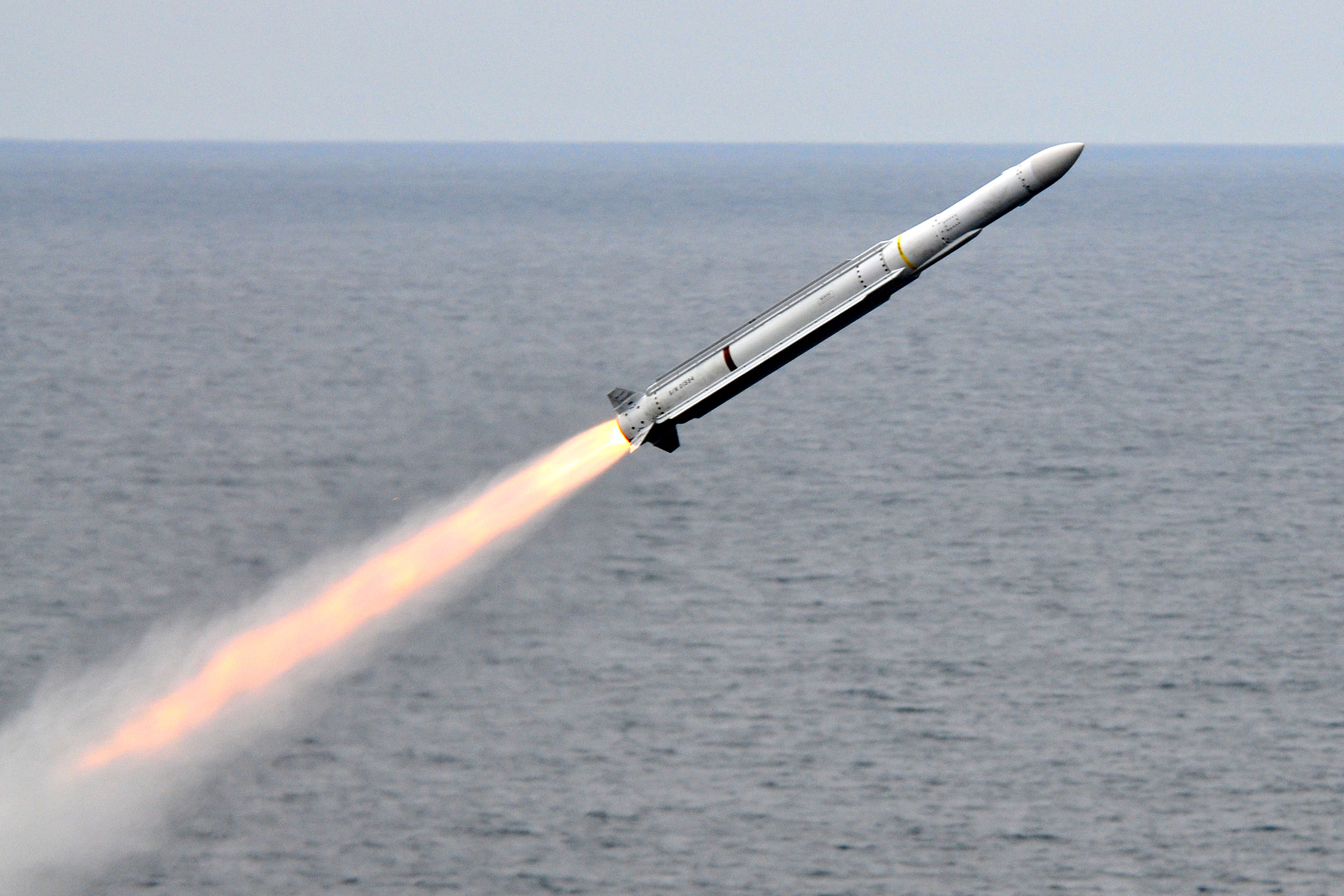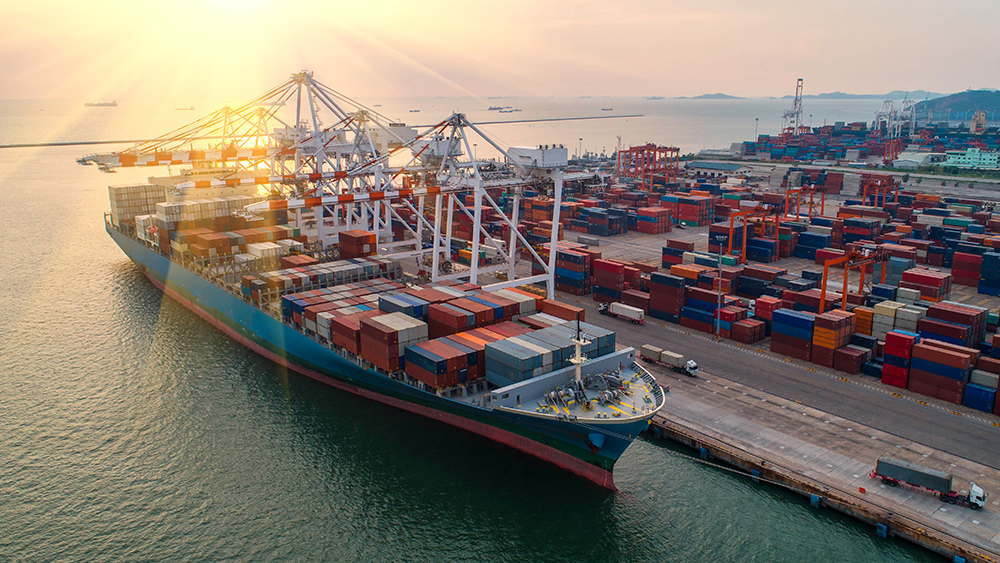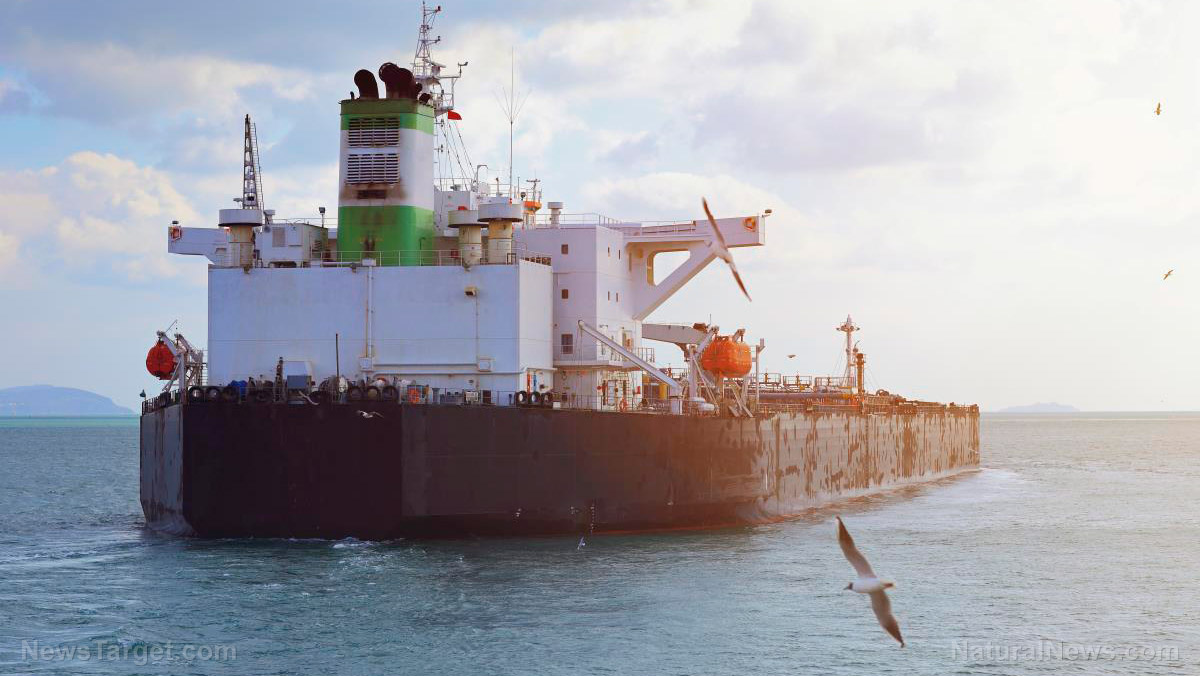French navy shooting million-dollar missiles at cheap Houthi drones in Red Sea
01/18/2024 / By Ethan Huff

The amount of money it takes for Houthi rebels in Yemen to launch missile after missile towards Western and Israeli cargo ships traversing the Red Sea is a mere fraction of what it costs, say, France to fund retaliatory missile strikes against the Houthis.
The latest reports show that France is spending millions per missile while the Houthis are spending only about $20,000 per missile, with some only costing a few thousand to build. How much longer will the West be able to keep up such spending?
Simply put, the Western war machine can theoretically spend an infinite amount of money since “money,” as we currently know it, is a fiat-based Ponzi scheme backed by absolutely nothing. What this means is the West can simply print however much it needs to fund these wars.
It is not quite as simple as that in realistic terms, but the general framework is accurate: if the West needs more war money, it will simply print more of it while forcing taxpaying slaves to foot the bill.
Anyway, there is still a massive gap between what the Houthis are able to procure as far as weaponry for a relatively minute cost, and what the West is spending per missile to try to police the world on behalf of Israel.
“A key reason that Yemen’s Houthis are unlikely to halt their attacks on Red Sea shipping as well as Western warships parked there is because immense pressure on the global transit waterway can be kept up, while it costs little to persist with such launches,” reports Zero Hedge.
“Anti-air missiles fired from coalition ships are commonly estimated at over $1 million each. This means the Houthis can keep the attacks coming, and on the cheap while watching Western warships blow through expensive arsenals.”
(Related: The U.S. military-industrial complex claims that Houthi missiles originating from Yemen struck a U.S.-owned cargo ship the other day.)
Will the West be able to print and war its way out of an economic implosion?
It must be stated that, at some point, even the Ponzi scheme-running money masters run out of options to print their way out of these types of messes. The more they print, the more they dilute the value of their so-called “Federal Reserve Notes,” in the case of the United States. And doing that for too long spells hyperinflation and other economic Armageddon scenarios that will eventually come back to bite those who perpetrate them.
In the meantime, the makings of World War III are clearly intensifying, though at a much greater expense to the West compared to the East – and specifically compared to the Middle East, which has a major geographical and logistical advantage on the global shipping front.
Getting back to France, the European nation’s military continues to spend around $1.1 million per missile to “support Israel” – but will it work?
A recent report from Defense News explains that France’s approach will not even work, and will only drain the country of its financial resources.
“The economic calculus of ultra-capable interceptors, designed to counter expensive anti-ship missiles or manned aircraft, quickly loses its appeal against drones costing thousands of dollars, analysts have warned,” the report explains.
“Still, commanders in the coalition are defending using these ultra-expensive missiles, saying all of this should be weighed in light of the necessary act of protecting valuable shipping lanes for Western economies,” added Zero Hedge to the conversation.
Since the West is desperately trying to segue into taking down Iran in all this, Western media reports continue to refer to Houthi missiles and drones as being “Iran-backed,” the purpose being to manipulate the masses into supporting another world war.
What do you think will happen next in the Middle East? Find out more at Chaos.news.
Sources for this article include:
Submit a correction >>
Tagged Under:
big government, chaos, drones, economic collapse, finance riot, French navy, government debt, Houthis, insanity, Israel, Middle East, military tech, missile, money supply, national debt, national security, Red Sea, stupid, weapons technology, World War III, WWIII, Yemen
This article may contain statements that reflect the opinion of the author
RECENT NEWS & ARTICLES
COPYRIGHT © 2017 RISK NEWS




















